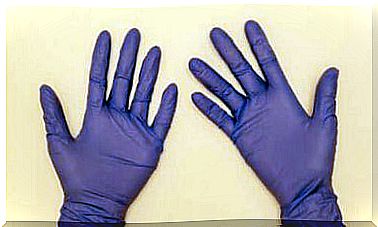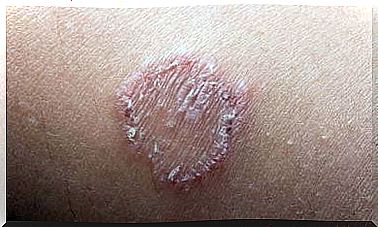Characteristics And Use Of Radiation Therapy
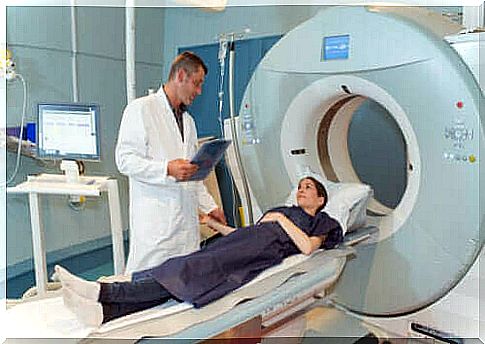
Radiation therapy is a treatment of cancer based on the use of ionizing radiation, whether in the form of gamma rays, protons or alpha particles. This technique uses high frequency to kill cancer cells.
The National Cancer Institute defines it as a treatment that uses high doses of radiation to be able to destroy and shrink tumors. It is a local treatment as the goal is to kill cancer cells where they are.
This treatment has been around for a century. However, many advances in physics, oncology and IT have significantly improved this specialty. They are reflected in a technological improvement of the equipment when it comes to quality and accuracy.
How does radiation therapy work?
Radiation therapy consists of using intense energy to damage DNA in cancer cells, producing small fractures inside. They can thus no longer divide and grow.
This technique is effective because it goes directly to cancer cells. These cells reproduce faster than normal and cannot repair radiation damage when performed efficiently. Although the nearby normal cells also suffer from radiation therapy, they can heal between treatments.
This process takes days or weeks, as there is no cell death in a single application. When there is no reproductive ability in the cancer cells, the body can naturally get rid of them. They are thus broken down and the body excretes them.
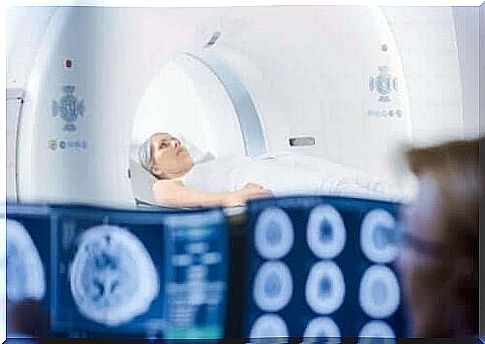
Who performs this treatment?
Several professionals are involved in radiation therapy. Typically, staff includes one:
- Radiation oncologist. It is the doctor who is responsible for supervising all radiation treatment of cancer as they are trained to administer it properly.
- Radiophysicist. It is a physicist specializing in radiation. Their role is to ensure that the equipment that emits the rays works properly and that it delivers an appropriate dose of radiation.
- Technician in dosimetry. This person helps the doctor and the radiophysicist plan the treatment.
- Radiation technician. It is the person who is responsible for managing the equipment for the treatment and giving instructions to the patient.
- Radiation treatment nurse. This person has special training in radiation therapy and can assist a patient and provide information.
Note that the treatment varies depending on the type of radiation treatment. The most commonly used types of radiation therapy are:
- Internal if the source of the radiation is inside the body.
- External when the rays are given from the outside directed at the tumor.
- Systemic if it involves the use of radioactive drugs.
Side effects of radiation therapy
Radiation therapy can damage some healthy cells close to the cancer cells. It can lead to some side effects in them despite their ability to recover. These effects vary from person to person, but the most common are:
- Skin problems such as dryness, itching or peeling as well as the formation of blisters (they tend to disappear after a few weeks).
- The feeling of constant fatigue.
The side effects depend on the location where the person receives the radiation:
- Radiation to the head and neck can lead to dryness, sores in the mouth and gums. There may also be problems with swallowing, stiff jaws, nausea, cavities in the teeth or a type of swelling called lymphedema.
- When given in the chest, it can cause difficulty breathing or swallowing, pain in the breasts or nipples, stiff shoulders, cough, fever and chest pain. It is also referred to as radiation pneumonia and radiation fibrosis.
- When the radiation takes place in the abdomen and upper body, it can lead to nausea and vomiting or diarrhea.
- Finally, radiation in the pelvis can lead to diarrhea, bleeding from the anus, incontinence, bladder irritation, erectile dysfunction and lower sperm count in the case of men, where in women it can cause changes in menstruation and early symptoms of menopause.
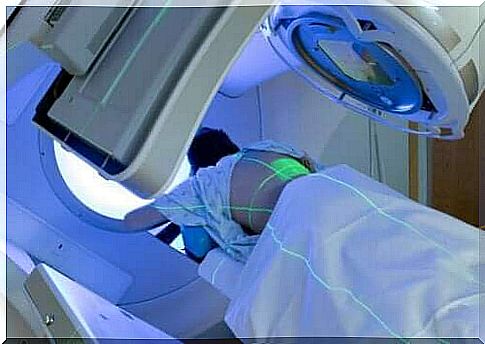
General recommendations when in treatment
One should ask his doctor how they will perform the procedure and what the possible side effects may be before starting radiation therapy. They will probably recommend a special diet so that one can better deal with discomfort such as nausea and difficulty eating.
The body spends a lot of energy healing throughout treatment. Diet rich in protein and calories is therefore recommended in order to maintain an appropriate weight in the patient. As you can see, a balanced diet plan will help you deal with burnout.
The skin must also receive special attention as it is the first organ to receive radiation. The use of creams and other skin products is therefore not recommended without first talking to your doctor.
Lastly, it is advisable to wear loose clothing without elastics, which can rub in areas where you have received the radiation – primarily to prevent wounds and peeling.






